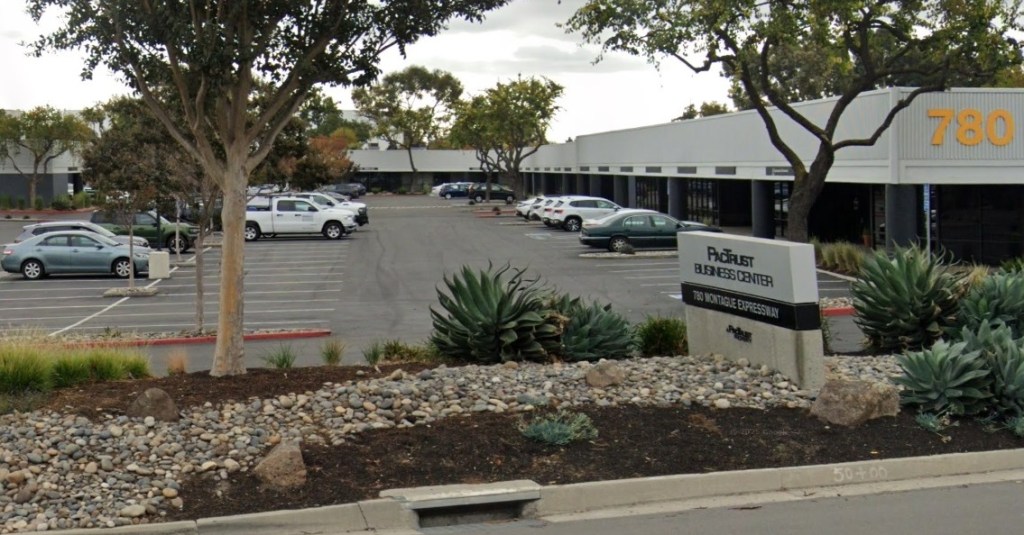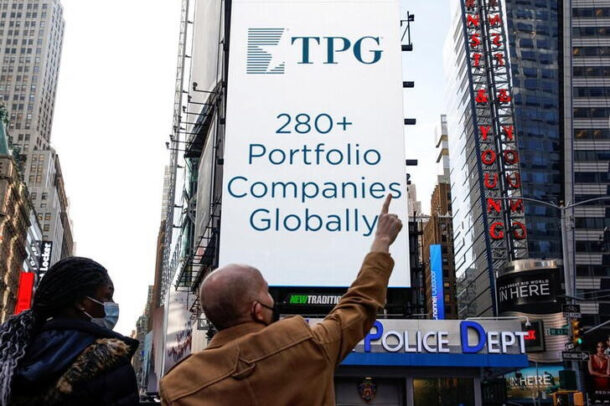M
assachusetts Close Corporations' Real Estate Vulnerable to Shareholder Claims of Ownership by Adverse Possession
In a groundbreaking decision, the Massachusetts Land Court ruled that shareholders of close corporations can acquire corporate real estate through adverse possession. In Szawlowski v. Szawlowski Realty, Inc., the court found that a shareholder's prolonged use and control over a home and part of the corporation-owned land met the requirements for adverse possession.
To establish ownership by adverse possession, a claimant must demonstrate continuous, open, exclusive, and nonpermissive use of real property for 20 years. The court assesses each case based on its unique facts and circumstances. In close corporations, shareholders owe each other a heightened duty of good faith and fair dealing.
The Szawlowski Court emphasized that a shareholder pursuing an adverse possession claim must provide explicit notice to the corporation, stating their intention to act against the company's interests. If the corporation fails to challenge this notice, the shareholder may successfully acquire title. The court views unchallenged notices as evidence of nonpermissive use.
To safeguard its real estate from shareholder claims of adverse possession, a close corporation must actively challenge such notices and demonstrate that any use is permissive.














